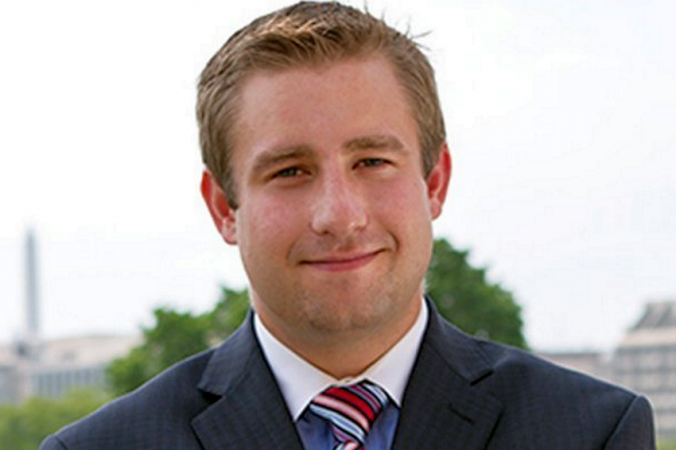FBI Should Have 14 Days, Not 66 Years, to Produce Seth Rich Information: Lawyer
The FBI should only have 14 days, not 66 years, to produce information from Seth Rich’s laptop computer, a lawyer argued in a new court filing.
After a U.S. judge ordered the FBI to produce the information, the bureau said that it should not be required to hand it over because of exemptions to the Freedom of Information Act (FOIA). And if the bureau still had to produce the information, government lawyers said it should have 66 years because it needs to review the information and redact certain information.
Ty Clevenger, the attorney representing Brian Huddleston, the Texas man who sued the FBI over the information, disagreed.
He told the judge in the new filing that the FBI failed to brief on the exemptions it is now claiming following the judge rejecting an attempt to shield the information because of privacy concerns for Rich’s relatives. That failure means the FBI cannot now rely on the exemptions, Clevenger said.
“Having failed to raise an issue or brief it in a motion for summary judgment, the movant may not then salvage the issue by raising it in a motion for reconsideration,” he said, citing previous court cases. “In other words, the movant does not get a Mulligan on reconsideration, which is exactly what the FBI seeks here.”
The bureau says that FOIA exemption 7(D)-3, which enables shielding identifying information of law enforcement personnel, and information provided by the personnel, enables it to keep withholding Rich’s laptop information from Huddleston.
“In short, the compact disc containing the images of Seth Rich’s personal computer were provided to the FBI by a local law enforcement agency under implied assurances of confidentiality, and thus the FBI properly withheld the compact disc in its entirety pursuant to Exemption 7(D)-3,” government lawyers told the court.
Another exemption, 7(E)-6, lets the agency keep the information secret, the lawyers said. That exemption enables the withholding of information that would reveal methods law enforcement uses in investigations.
Clevenger, though, said that neither exemption applies.
The first doesn’t because the FBI has never provided evidence that the source of the information was given assurance of confidentiality, he said. The second doesn’t because the bureau claims it never reviewed the laptop information.
“If this is true, then how could the FBI’s investigative or analytical techniques be compromised by revealing the contents of a laptop that it never investigated or analyzed?” Clevenger told the judge.
 Seth Rich, the voter expansion data director for the Democratic National Committee, in a file photograph. (LinkedIn)
Seth Rich, the voter expansion data director for the Democratic National Committee, in a file photograph. (LinkedIn)Given the failure to brief on the exemptions and how they don’t apply in the case, “The Court should give the FBI no more than 14 days to produce what it should have produced five years ago,” he added.
The new filing was a response to the FBI’s motion for reconsideration of a ruling in September that the FBI hand over the information within 14 days.
U.S. District Judge Amos Mazzant, an Obama appointee, entered the ruling and is overseeing the case, which stems from a FOIA request from Huddleston that the FBI refused to fill.
Rich was a Democratic National Committee employee when he was gunned down in a street in Washington in the early hours. The case has never been solved.
WikiLeaks founder Julian Assange has suggested Rich leaked files from the committee to WikiLeaks, which published a trove of such files. Former special counsel Robert Mueller said Russian hackers hacked the files around May 25 to June 1, 2016, but CrowdStrike later told The Epoch Times that the committee’s systems were not hacked during that time.

Comments
Post a Comment